If you dislike spiders and other insects because they infiltrate their house, you often find ways to kill them to eliminate the risk.
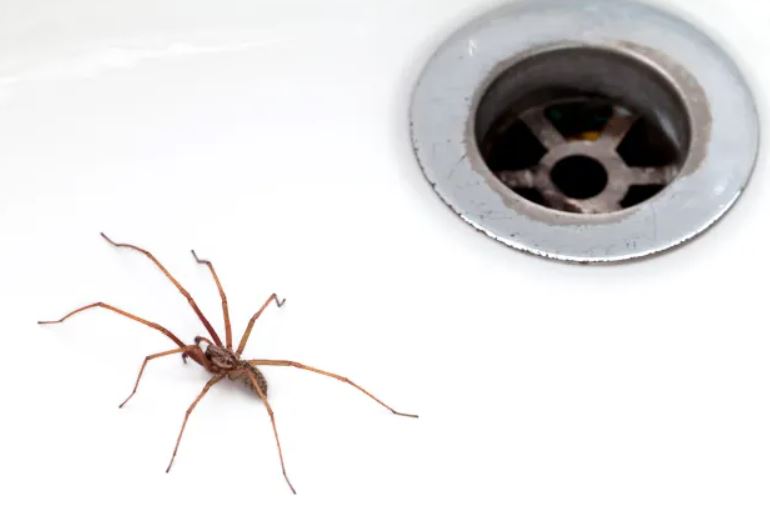
However, an entomologist is advising individuals not to hastily remove the spiders residing within their homes, as they can offer surprising benefits.
According to Matt Bertone, an Extension Associate in Entomology at North Carolina State University, while a significant portion of a household's spider inhabitants might go unnoticed by homeowners, the benefits they bring will be noticed.
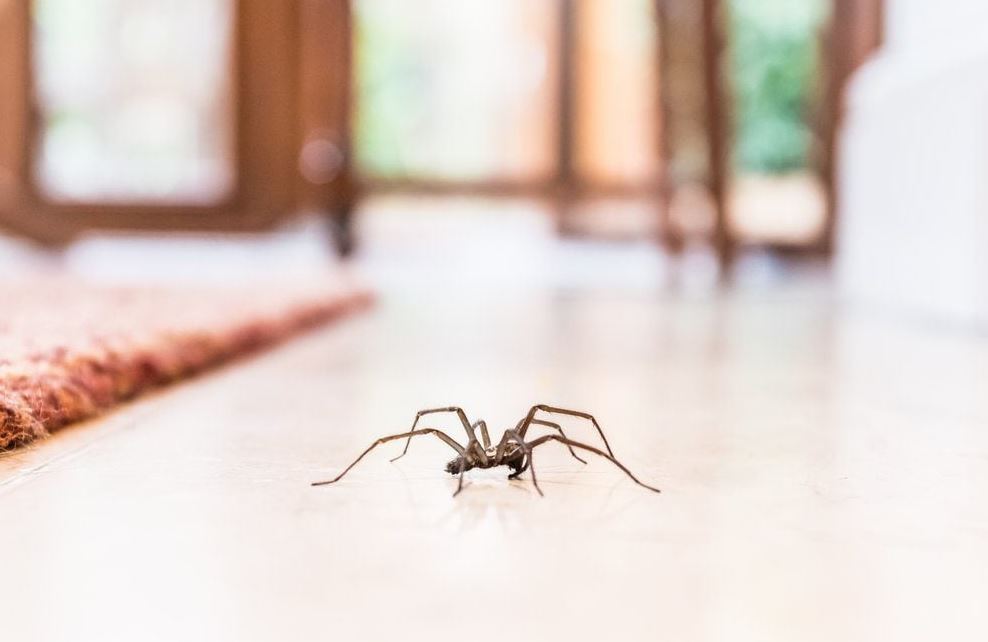
Bertone and his team conducted an investigation involving 50 residences in North Carolina, and they discovered spiders in every single one.
However, among the prevalent spider species found were cobweb and cellar spiders.
These spiders were observed lying in wait within their webs, ready to ensnare their prey, often consisting of troublesome pests like flies and mosquitoes.
Some spiders leave their webs to eat other spiders, thereby reducing competition for food resources.
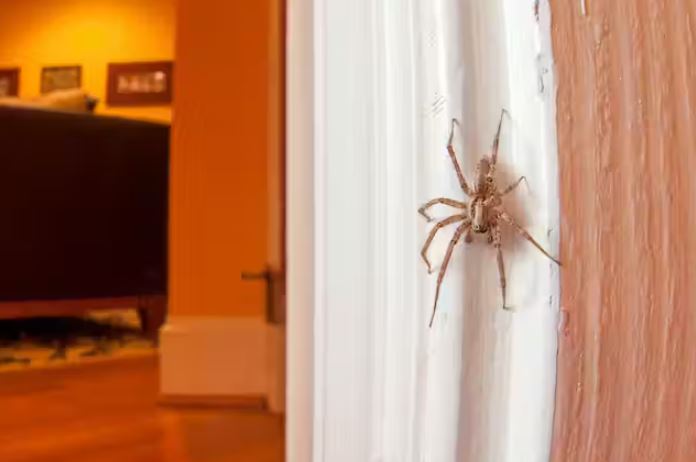
Additionally, having spiders within your residence equates to enjoying a complimentary pest control service
Don't worry if you are scared of spiders; most species have venom too weak to cause harm to humans. This is true only if their fangs can actually penetrate the skin.
So, if you encounter them, please don't kill them! Instead of squishing them, you can catch and release them back into the outdoors.
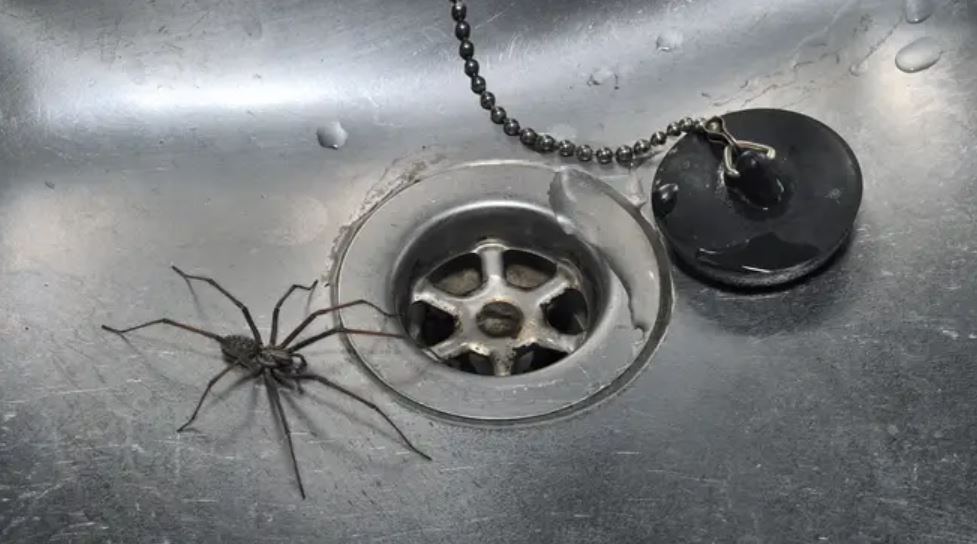
It is said that spiders prefer to avoid humans, and in fact, humans pose a greater danger to spiders than the other way around. These arachnids tend to stay away from humans.
Even if you don't readily see them, it's highly probable that they inhabit your surroundings, providing benefits that help maintain a comfortable, pest-free environment within your home
A particular category of spiders causing considerable alarm among homeowners who chance upon them are the invasive "parachuting spiders."
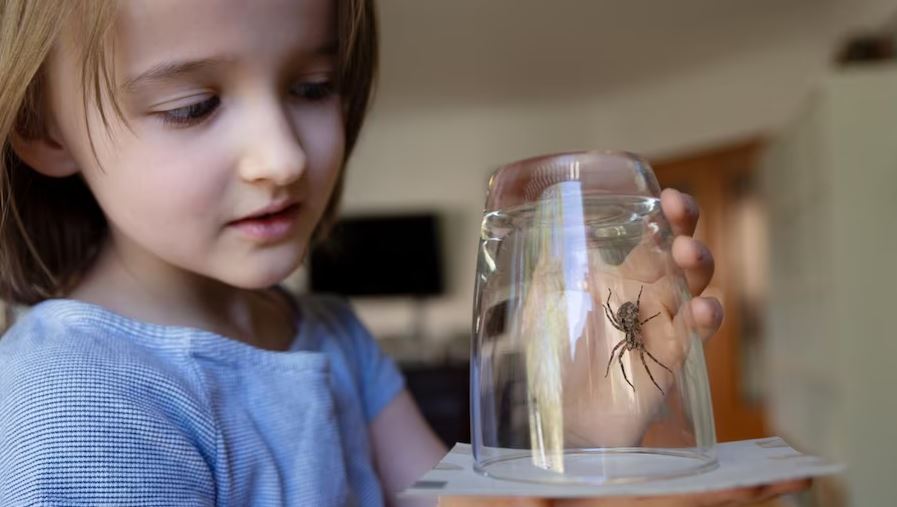
These spiders employ their webs as a means of soaring through the wind for extended distances, and they have been gradually disseminating throughout the southeastern United States.
Scientists also believe they are good for the environment because they feed on pests that destroy crops.






